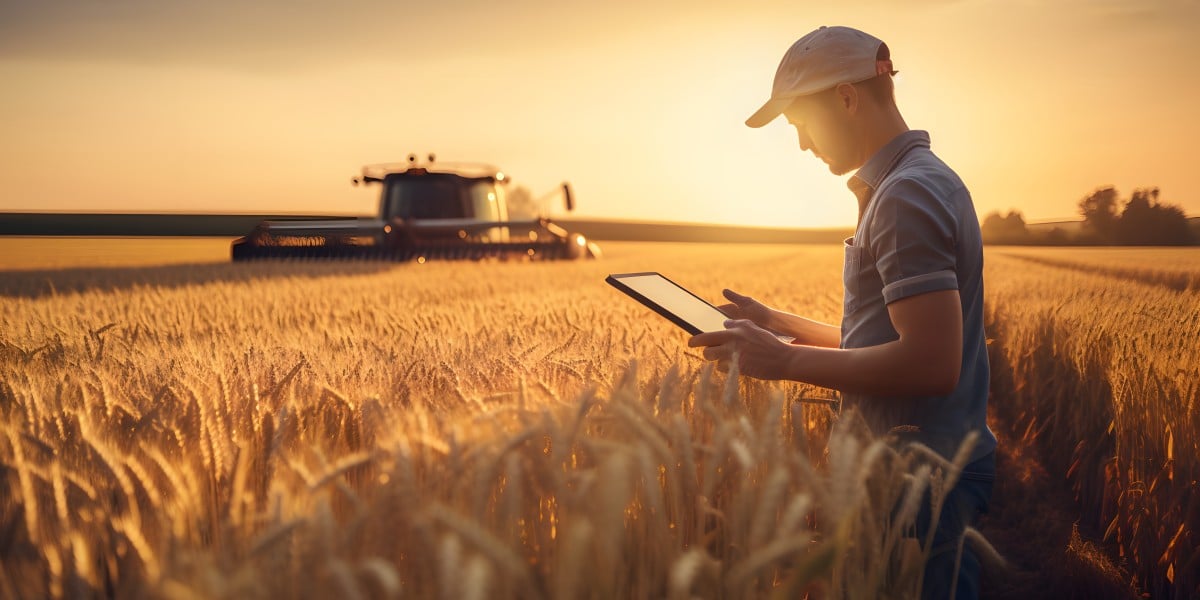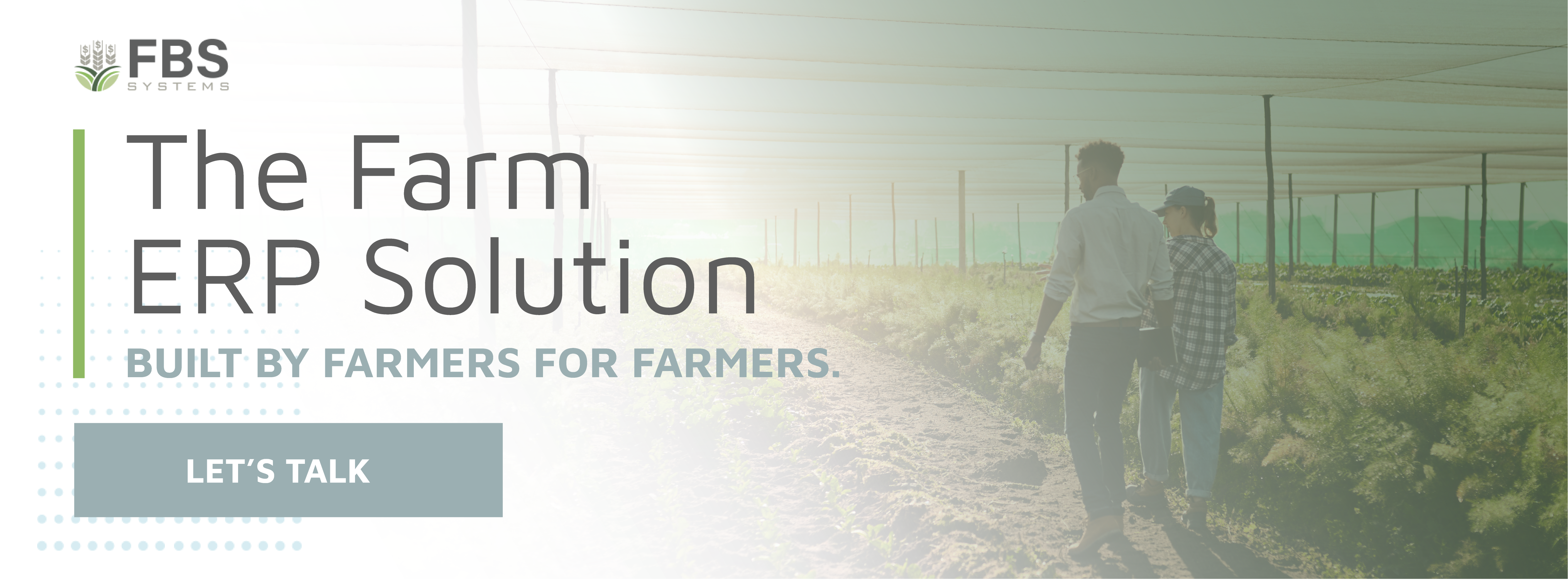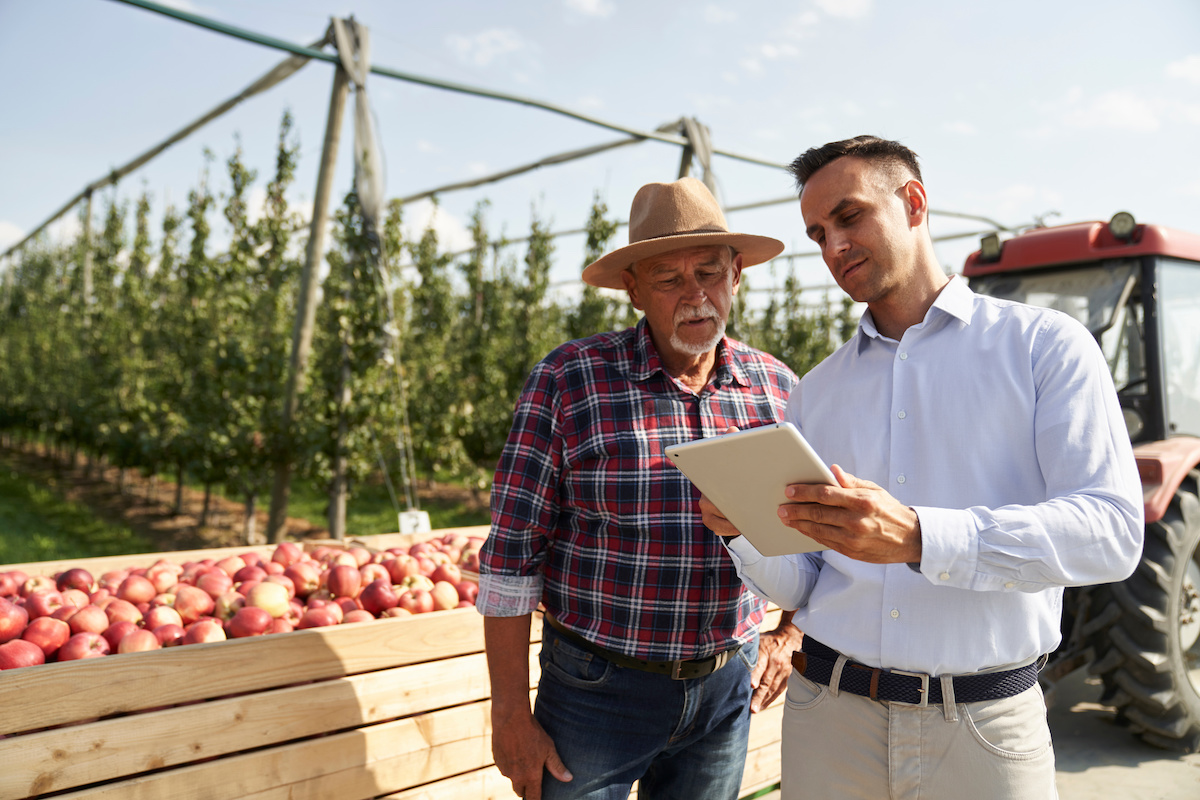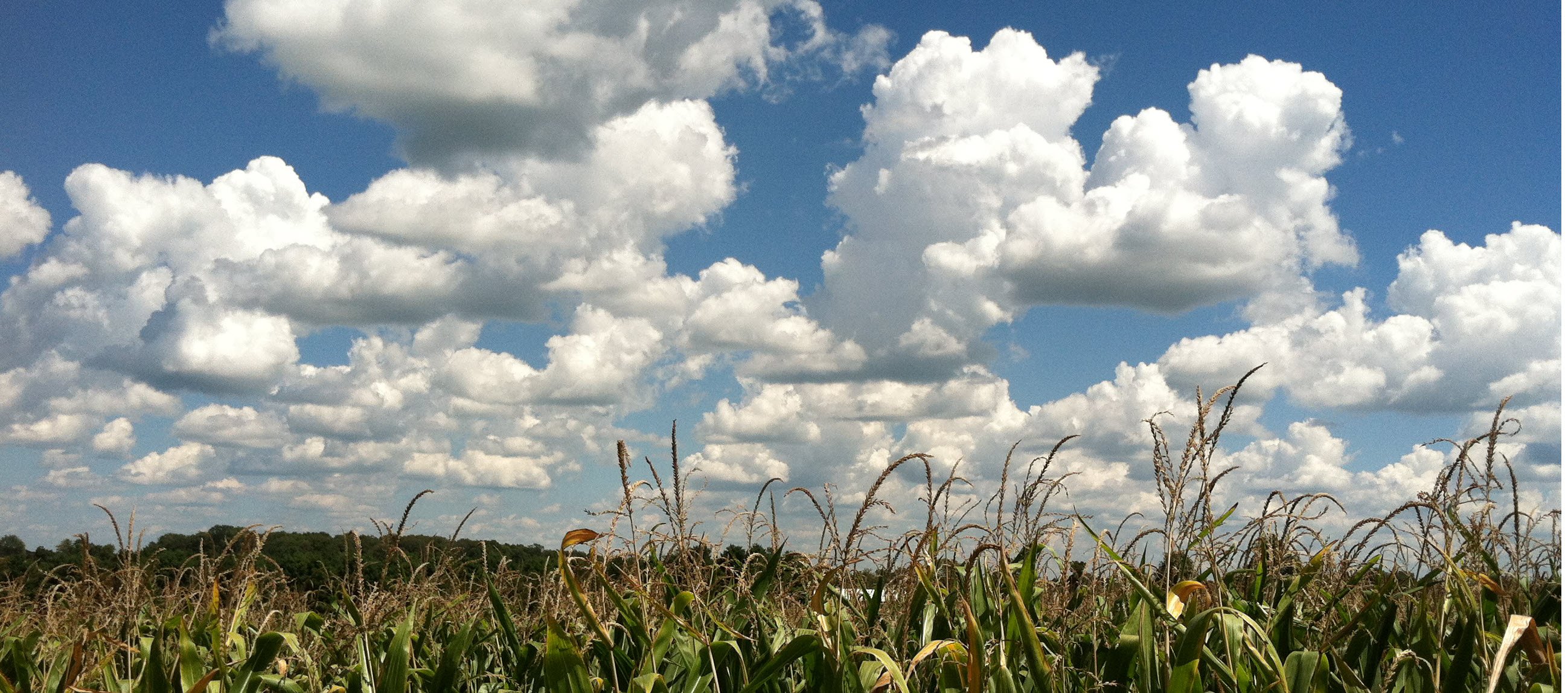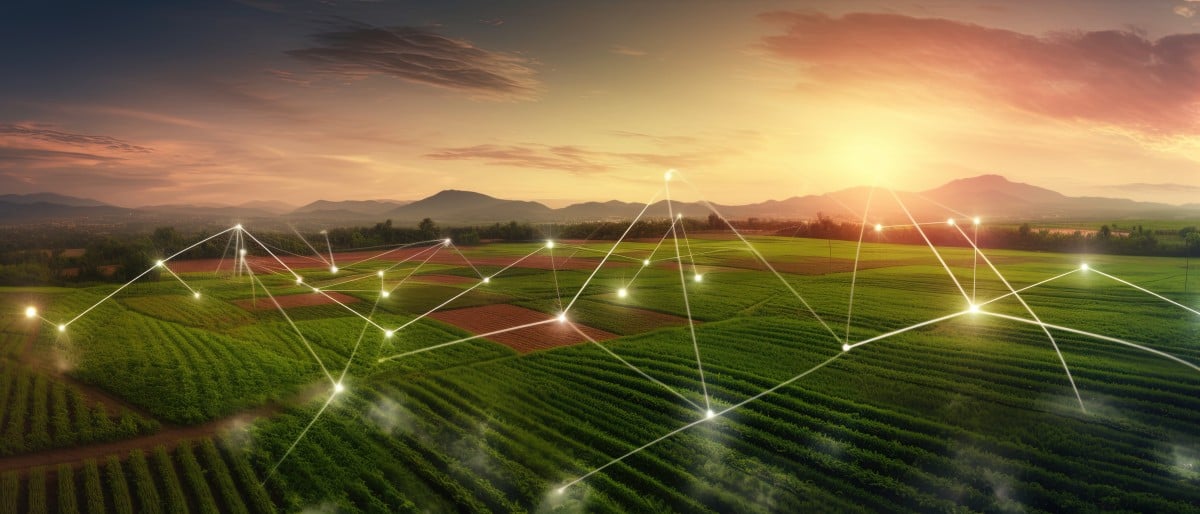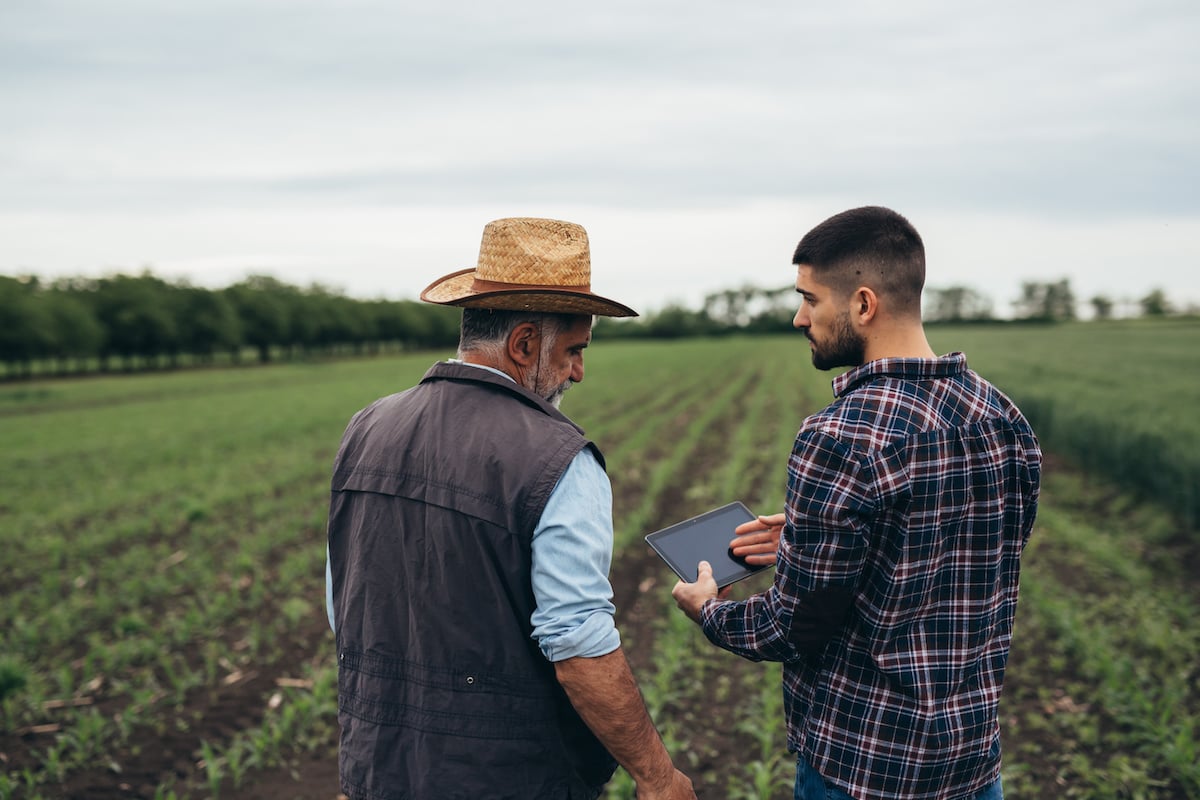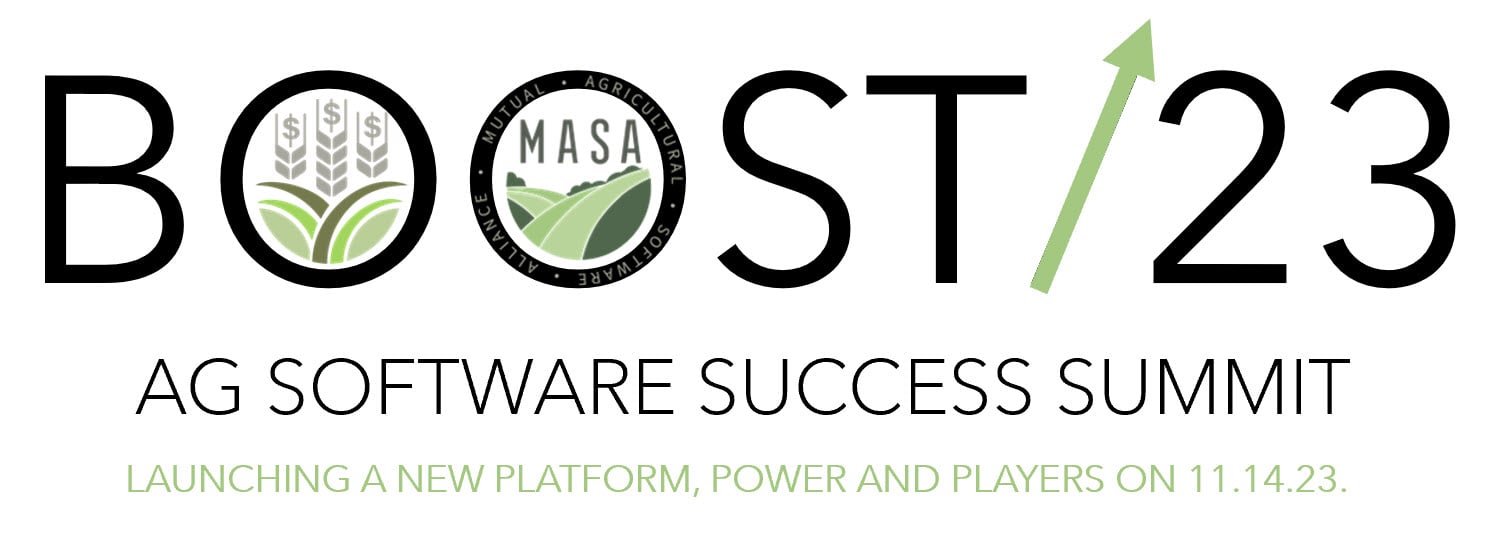Finding ways to improve the profitability of your farm is crucial for your long-term success. Farm management software can play an enormous role in keeping your farming business’ balance books in the “black.”
The challenge is finding the right software to support your farming operations. There are all kinds of business software solutions that can be applied to a farming business’ needs. From employee task and time tracking software to accounting solutions, invoicing programs, and more, the list of off-the-shelf business software programs is virtually limitless—far more expansive than any farmer has the time to review (let alone integrate and manage) manually.
Meanwhile, there are software solutions out there that specialize in the needs of farmers, that provide a more comprehensive, all-in-one solution that’s tailored to specific farming enterprises. But which is best for your farm? An off-the-shelf solution that’s well-known by many different kinds of businesses or an ag-specific software that fills the niche needs of farmers?
What Does “Off-the-Shelf” Mean for Farm Management Software?
Let’s start by clarifying what an “off-the-shelf” solution really is. Calling software “off-the-shelf” simply means that you’re using the software as it was designed for its target market without having to make any major changes.
So, it’s not necessarily a comparison of “ag-specific farm management software vs off-the-shelf software” because ag-specific software can, in fact, be “off-the-shelf.” Instead, it may be more valuable to distinguish software as either being “horizontal” or “vertical” in nature.
What’s “Horizontal” Software?
“Horizontal” software is a solution designed for use by a wide variety of people in different industries. These solutions may have generalized tasks or modules that are broadly applicable to many different businesses at once or may have a large set of specific features that are for different industries that require users to sift through large menus to find the ones that are most applicable to their business.
One issue with some “horizontal” software is that many could be accurately described as being “as broad as the ocean but as deep as a spoon.” The variety of features available often means that there’s something in there for everyone and it looks impressive when listed out. However, for a dedicated professional in a specific industry—such as farming—the depth of these features can be lacking.
For example, say you’re a farmer using a popular accounting software. It has a lot of features useful for tracking total expenses—and it may even have the ability to create specific cost categories to enhance tracking across different cost centers. However, it lacks an integration with your field management apps to collect data automatically in real-time—creating a delay between events and them being logged in your “farm management” software or a risk that feed events might be missed entirely.
To get your horizontal software solution to work for your needs, you’d likely need someone to create custom application programming interfaces (APIs) for all of the different software solutions you use—and then update those APIs every time one of those software programs is updated to ensure the API doesn’t stop working on you.
What’s a “Vertical” Software?
“Vertical” software is a solution designed specifically for the needs of a particular industry or business. Purpose-built farm management software would be an example of a vertical software solution.
Typically, vertical software is built with the exact needs of that industry vertical in mind. So, the feature list for these solutions tends to be more comprehensive for whichever industry they’re made for. However, they tend not to translate easily into other industries—a farmer likely wouldn’t get much mileage out of vertical software made specifically for a retail business, for example.
Benefits of a Farm Management Software That’s Optimized for Your Needs
So, what are the benefits of using agricultural management software that was specifically developed for the farming industry?
Here are a few of the key benefits of using a software that’s optimized for the challenges you face as a farmer:
- The Software’s Information Is in Formats You’re Already Familiar With. One of the biggest benefits of using a solution built for the farming industry is that it will use terms, units of measure, and data formats you’re likely to be familiar with. This helps ease the learning curve you face when implementing any new software solution. It can also help you better manage your margins since the info is in a format you’re comfortable with and can easily interpret for use.
- Depth of Information without Waste. A generalized software meant for any industry will, naturally, have to do one of two things: 1) be incredibly generic to fit any possible need, or 2) try to include specific modules and features for countless use cases across different industries. This leaves you as the user to try to shoehorn a generic software app into a specific use case, sift through a figurative mountain of menus to find the one app/feature you need or develop and maintain stand-alone spreadsheets to track farm management details. With a purpose-built solution, however, you get only the forms, fields, and apps you need to get things done and they’re all optimized for your convenience—saving you time and effort.
- Integration of Data Sources with Your Farm Management Software. With purpose-built farm management software, it’s much more likely that the software will have integrations with farming-specific data sources. For example, say you want to track feed events in real-time. A farming-specific software will often integrate with popular Feed Tracking solutions or include a feed tracking module of its own to help you get that data.
- Access to Farming Optimized Calculation Engines. One challenge of adapting “horizontal” software is that any calculation sets it uses for estimating costs or creating revenue projections will need to be verified to ensure that they work for farming. Using farm-specific software, on the other hand, means dealing with software that’s already optimized for farming by experts in the industry. This saves you time and effort on both data capture and analysis while providing some peace of mind about your financial projections.
- Support Services That Understand YOUR Needs. One of the biggest benefits of working with a company that specializes in farming software is that they understand agricultural challenges. An ag software solution maker will work more with farmers than anyone else. Some, like FBS, even started from an agricultural background and built the software they wished was available when they were experiencing all of the same challenges you’re facing now. The service and support you get from such a company will naturally be more understanding of your needs and issues than someone who sells a “one size fits all” solution meant for retailers, bankers, and others who don’t grow crops, raise livestock, or deal with seasons-long production cycles.
Which Is Better: Off-the-Shelf or Farm-Specific Software?
Naturally, an agricultural software solution built for farming will be better for your operations than using a hodgepodge of generic software programs meant for other types of businesses. But, where can you find farm management software to meet your needs?
Find a Farm Management Solution Built by Farmers, for Farmers
Are you ready to transform your farming operation? Get a farm management solution built by farmers, for farmers by reaching out to FBS Systems today.
We got our start as farmers and have experienced the same trials and tribulations you have. We understand your needs and created solutions specifically to meet them. Now, it’s time for you to reap the benefits!

